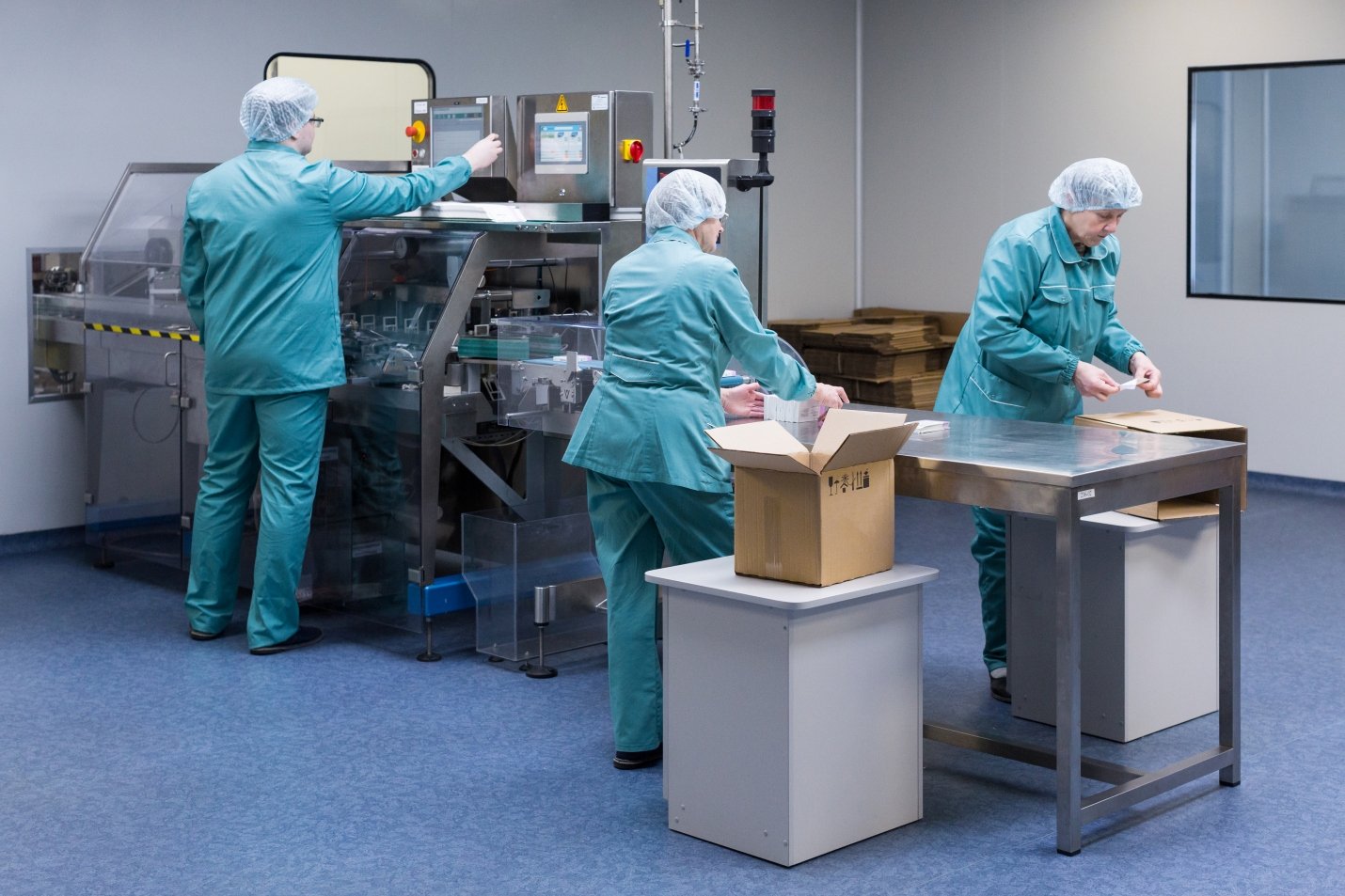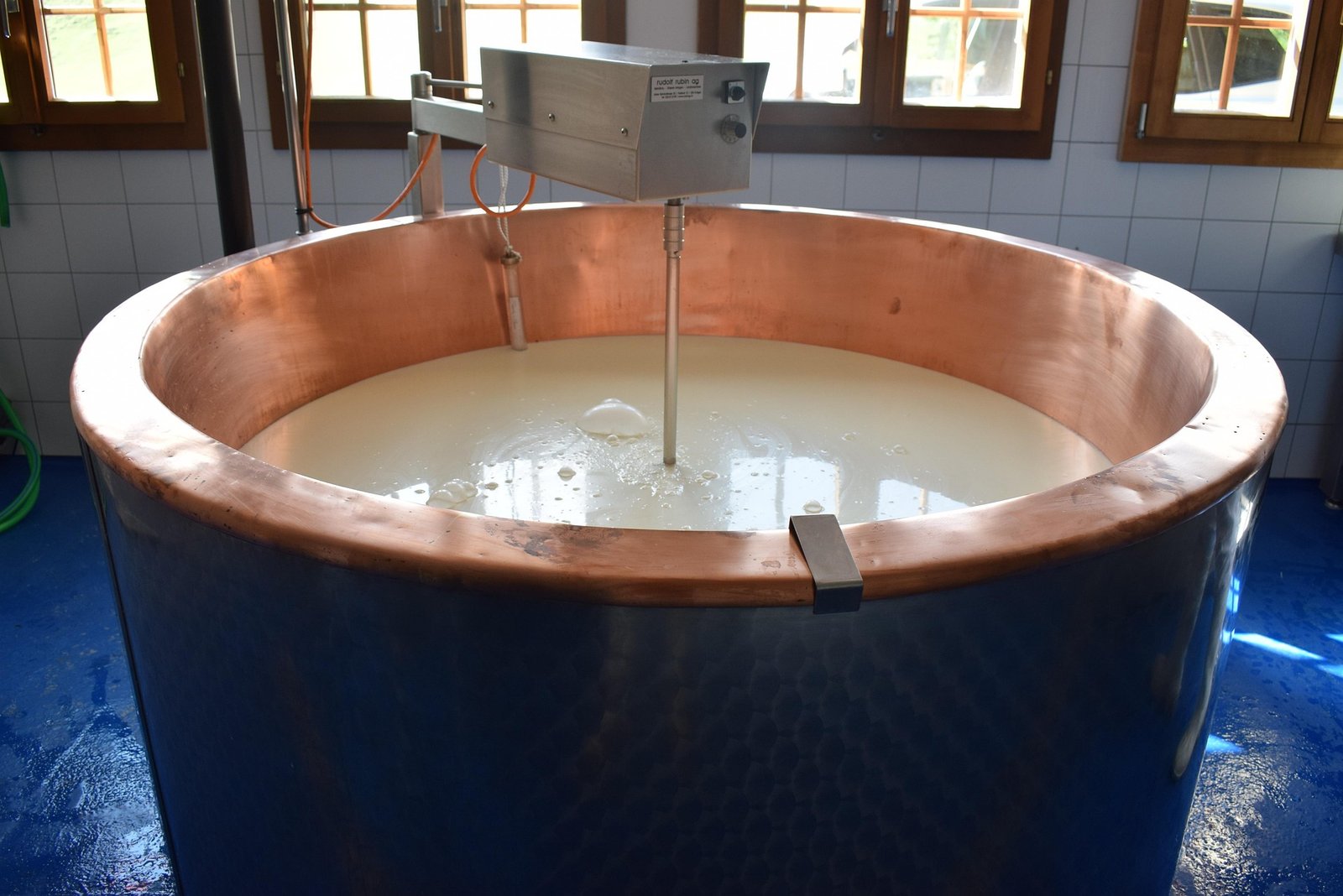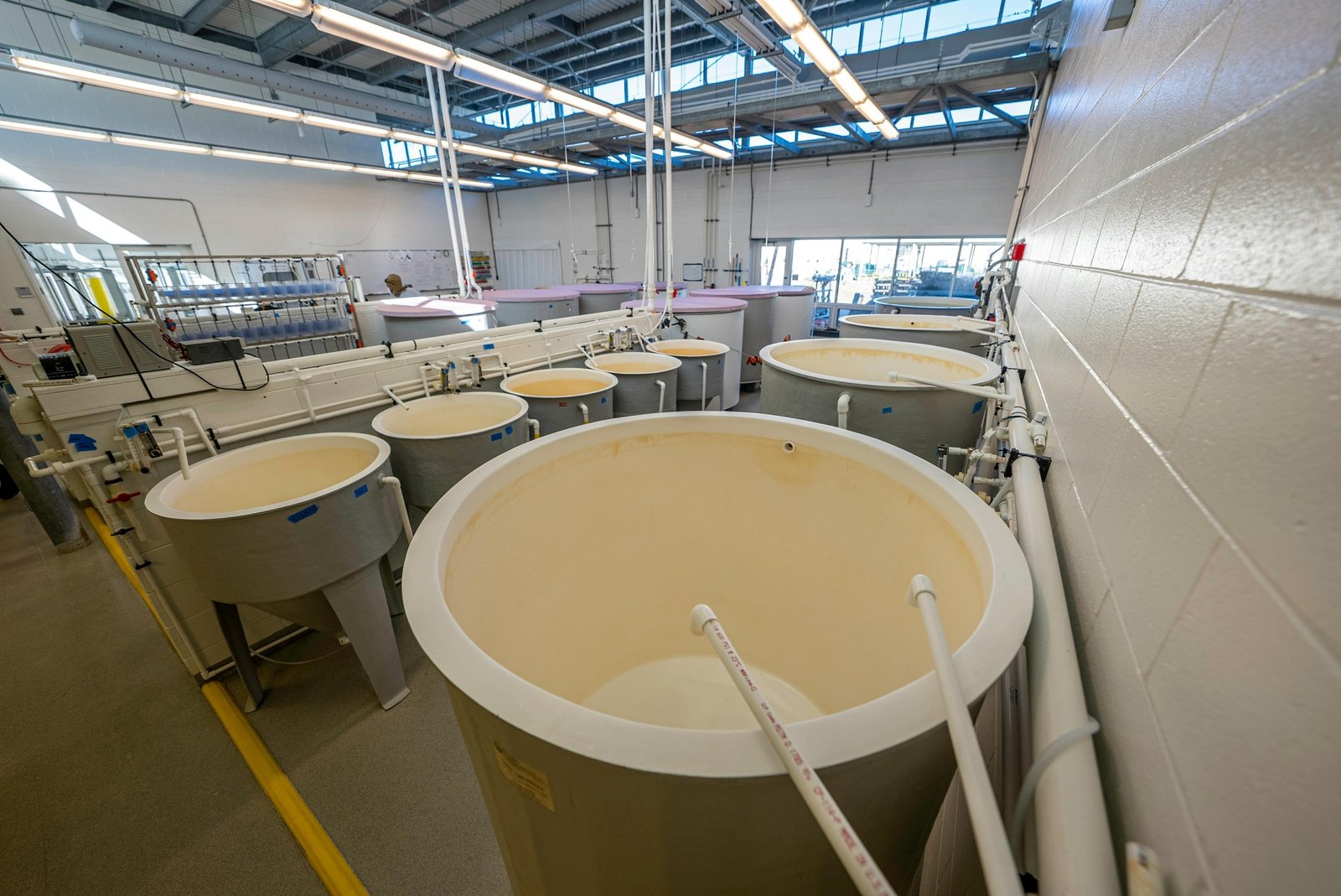How Does GMP Training Impact Day-to-Day Operations?
In the food and manufacturing industries, Good Manufacturing Practices (GMP) are more than just compliance requirements — they shape the daily routines of your workforce and ensure product safety, quality, and consistency. But how exactly does GMP training influence the everyday activities of your staff and operations?

Below, we break it down clearly:
1. Improved Hygiene Practices
-
Employees understand the importance of personal hygiene before handling raw materials.
-
Proper handwashing techniques become part of daily routine.
-
Consistent use of PPE (gloves, hairnets, masks) reduces contamination risks.
2. Better Workplace Organization
-
Staff learn “clean-as-you-go” principles to maintain tidy workstations.
-
Clear segregation of raw and finished products becomes standard practice.
-
Tools and equipment are stored in designated places, reducing downtime and errors.
3. Enhanced Equipment Handling
-
Workers follow standard operating procedures (SOPs) for cleaning and sanitizing machines.
-
Preventive maintenance schedules are respected, minimizing breakdowns.
-
Staff can quickly identify early signs of equipment malfunction.
4. Consistent Documentation and Record-Keeping
-
Batch production records are completed accurately and on time.
-
Daily checklists (temperature logs, cleaning records, pest control) become routine.
-
Supervisors can trace back any deviation for corrective action.
5. Stronger Team Accountability
-
Each worker knows their responsibility in the production chain.
-
Peer-to-peer monitoring promotes compliance without constant management oversight.
-
Cross-training during GMP sessions encourages teamwork and flexibility.
6. Reduced Operational Risks
-
Early detection of unsafe conditions (spills, cross-contamination risks).
-
Fewer product recalls thanks to proactive staff behavior.
-
Lower risk of fines or penalties during regulatory inspections.
7. Boosted Employee Morale and Confidence
-
Workers feel empowered knowing their role directly protects consumers.
-
Proper training reduces stress from uncertainty about procedures.
-
Skilled staff contribute to smoother operations with fewer interruptions.
8. Cost Savings in the Long Run
-
Lower product waste due to better handling and storage.
-
Less downtime from accidents or non-compliance issues.
-
Fewer customer complaints and improved brand reputation.

Final Thoughts
GMP training doesn’t just tick a compliance box — it transforms daily habits across your operations. From hygiene and documentation to teamwork and cost control, the impact is immediate and long-term. Businesses that invest in regular GMP training see smoother workflows, safer products, and stronger customer trust.
👉 If your company wants to strengthen day-to-day operations with effective GMP training, our team at CAYS Scientific can guide you step by step.


